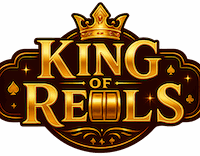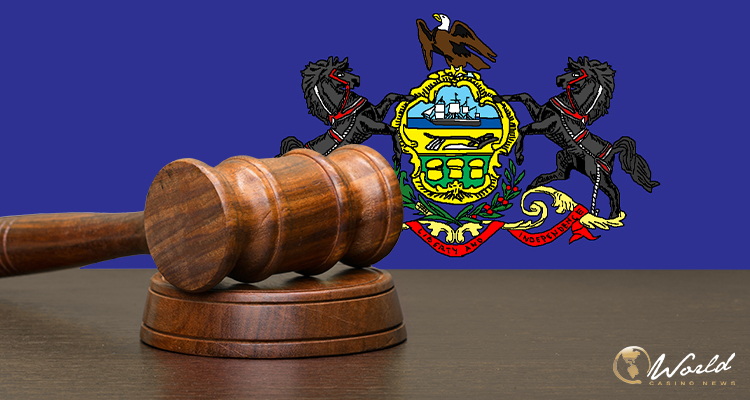On November 30, the Commonwealth Court of Pennsylvania officially confirmed the decision of the lower court that found “skill games” played for cash prizes to be lawful, marking a significant victory for the operators and manufacturers of the devices that have become something usual at gas stations, bars and restaurants in Pennsylvania.
Unanimous decision:
The unanimous decision (7-0) upheld a ruling by the Dauphin County court which declared the devices in question weren’t non-legal gambling devices or slot machines that could be grasped by the police force. The main reason for this is that the games are based on a coordination pattern called hand-eye, not chance. In this regard, a spokeperson for the office of the state attorney general said the Pennsylvania Supreme Court will likely receive an appeal against the decision.
For now, however, the decision by the appeals court means that nonprofits and businesses may proceed to provide clients the opportunity to play for cash on such devices, which are remarkably similar to slot machines discovered in casinos. On that note, Peter Lanfranca, who is employed at Mother’s Subs in Harrisburg, thinks the skill games in his workplace have helped generate additional income and business. On that note, he said according to the WGAL: “It’s perfectly legal and that’s good.”
Different types of gaming tax for skill game devices:
Although the operations collect profits from the skill gaming devices, which are increasing throughout the state, the profits are not subject to the identical type of gaming tax that casinos have to pay for their slot machines.
Casino industry leaders condemned the aforementioned decision and are requesting that lawmakers take steps to ban what is according to them simply untaxed and unregulated gambling that eats up much of the $2.3 billion in gaming tax income collected by casinos that have a license. In this regard, Pete Shelly, a spokeperson for Pennsylvanians Against Gaming Expansion, a group that lobbies against skill games developed by leaders of the casino industry, said: “This decision, if left unaddressed by lawmakers, will effectively open the floodgates for tens of thousands more ’skill’ games machines.”
Furthermore, skill game machine developers saw the decision as a sign to lawmakers that now is the right time to enact bill to officially regulate and tax gaming income and to address the legal quagmire about the devices. In addition, a bill was suggested that’d officially create fees for skill game manufacturers and operators, impose a 16% tax on earnings and add restrictions on the number of devices that could be in one location. This figure (16%) is well below the 54% tax on casino slot machines.
On that note, head of public relations for skill game manufacturer Pace-O-Matic, Mike Barley, said: “We’re in a unique position where we have a legal product — the court has said so — and we’re saying, ‘Please come tax us. Please come regulate us.’ It’s not something you hear very often in Harrisburg, but we’re hoping to get some action.”
Officials with the Council on Compulsive Gambling of Pennsylvania evaded addressing the issue of the legality of skill games. However, Josh Ercole, the executive director of the group, stated they have called on Pennsylvania lawmakers to make sure that devices also include ways to link individuals struggling with gambling or gaming addiction to materials that may help them, which is a feature that the skill game machines are missing at the moment. Commenting on this, he said: “Our concern is we have hundreds of people calling us telling us that skill machines are the hardest type of gambling they’re struggling with.”

